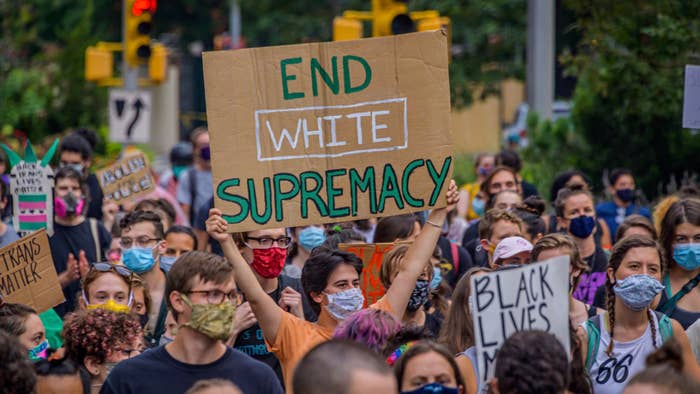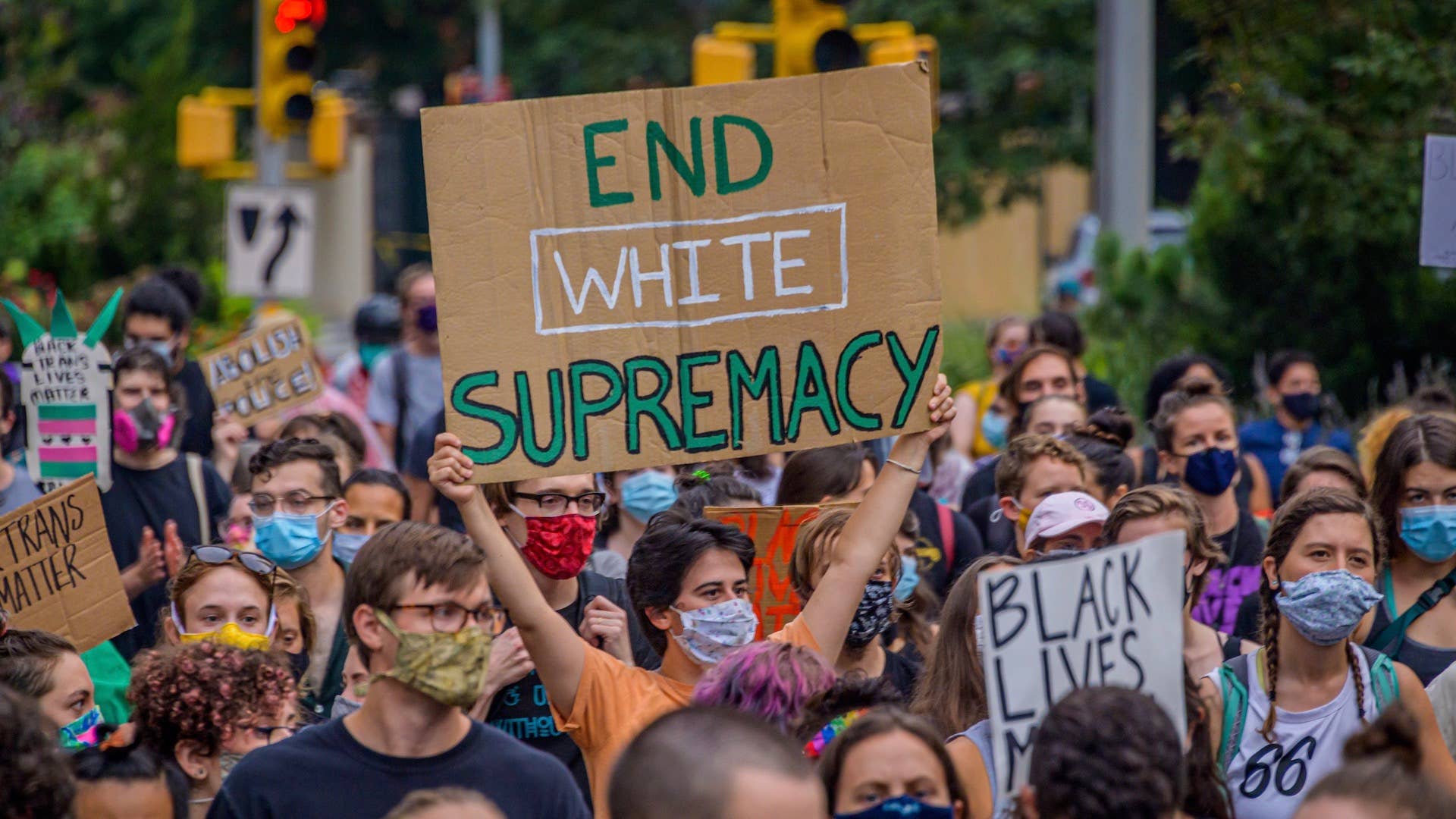
New York City has joined the growing list of municipalities to declare racism a public health crisis.
The NYC Board of Health passed a resolution Monday that recognized the far-reaching impact of race-based discrimination throughout the pandemic and beyond. According the New York Times, the landmark resolution calls on other agencies to help implement policies that combat systemic racism as well as expand programs that lessen racial inequities within public health care.
“To build a healthier New York City, we must confront racism as a public health crisis,” Health Commissioner Dr. Dave A. Chokshi said in a press release. “The COVID-19 pandemic magnified inequities, leading to suffering disproportionately borne by communities of color in our City and across our nation. But these inequities are not inevitable. Today is an historic day for the country’s oldest Board of Health to officially recognize this crisis and demand action.”
The resolution, which was passed by the 11-member board, comes more than a year after the department acknowledged racism was a threat to public health.
The director for the Centers for Disease Control and Prevention made a similar declaration back in April, when she highlighted the COVID’s disproportionate impact on communities of color.
“What we know is this: racism is a serious public health threat that directly affects the well-being of millions of Americans,” Dr. Rochelle Walensky said in a statement. “As a result, it affects the health of our entire nation. Racism is not just the discrimination against one group based on the color of their skin or their race or ethnicity, but the structural barriers that impact racial and ethnic groups differently to influence where a person lives, where they work, where their children play, and where they worship and gather in community. These social determinants of health have life-long negative effects on the mental and physical health of individuals in communities of color.”

